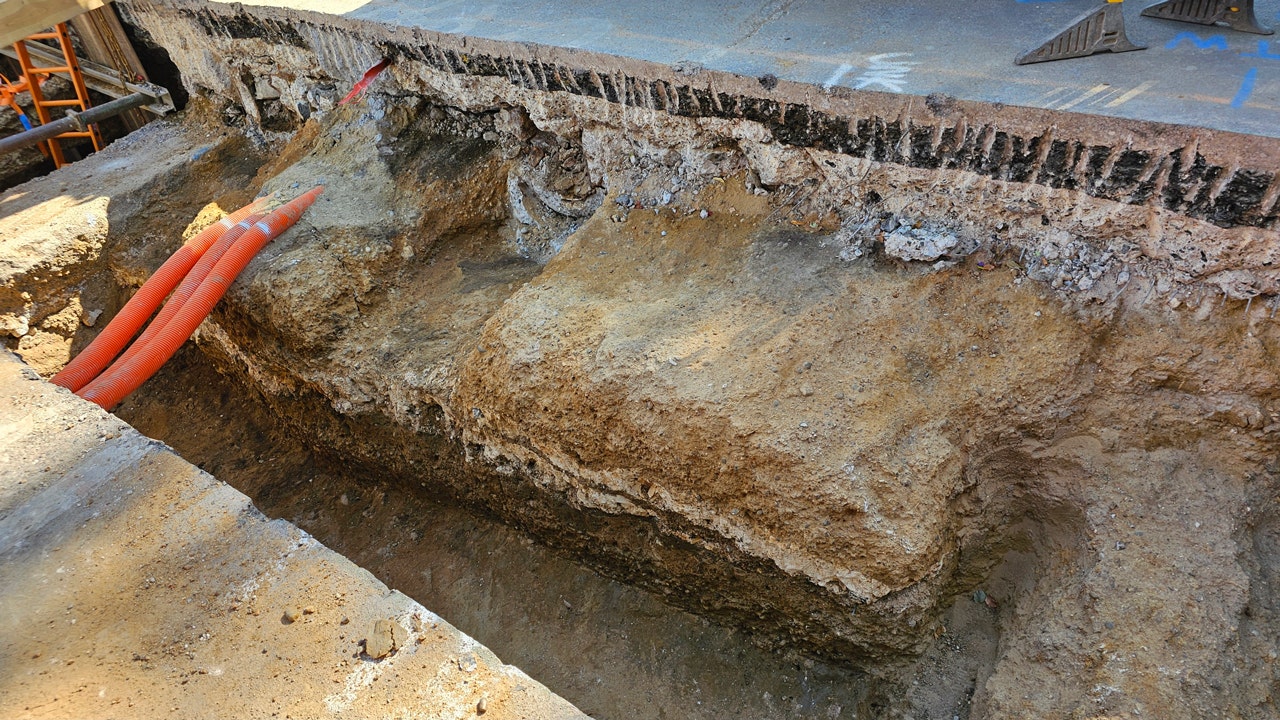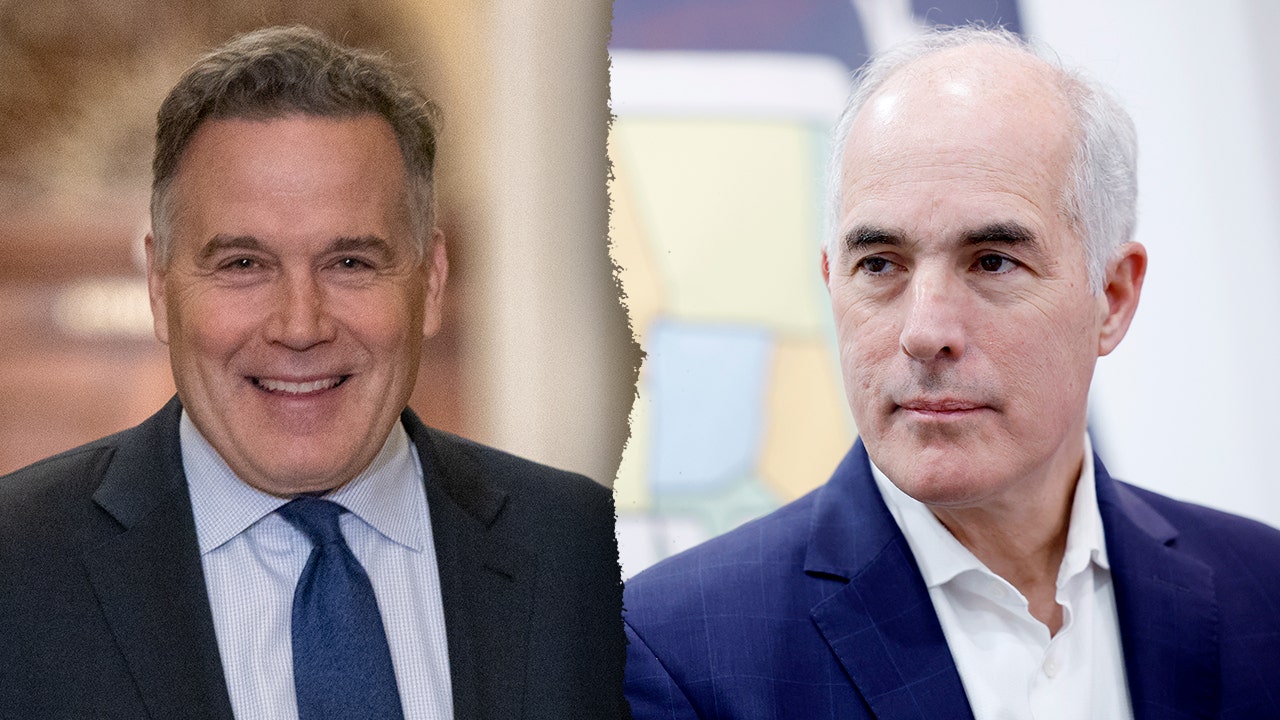The region is plagued by violence, largely perpetrated by several armed groups, including the rebel force M23, which has waged a major campaign against government forces backed by the UN mission there, known by its French acronym. MONUSCOas part of its vital mandate to protect civilians.
Hundreds of civilians have been killed by armed groups who “continue to sow terror,” said the UN special envoy to the Great Lakes. Huang Xiabriefing of the Council.
Diplomatic relations between Kinshasa and Kigali have soured over whether Rwanda backs the resurgent M23 rebel movement, originally formed by a faction of former DRC army officers, an accusation vehemently denied in Kigali. Cross-border incidents earlier this year raised a serious risk of escalation and confrontation, the council heard last month.
Collisions will decrease
“A fragile lull has set in on the military front in eastern DRC. Days go by without major clashes,” the UN envoy said.
“A fragile truce appears to be in place between the DRC army and the March 23 Movement. The deployment of the East African Community’s regional forces continues. Undiplomatic exchanges between Kigali and Kinshasa have decreased,” he continued.
However, he stressed that “significant risks remain” and the withdrawal of M23 fighters from areas it recently occupied in the east “remains partial”.
He highlighted the important role of two diplomatic avenues working towards a negotiated settlement inside and outside the DRC’s borders, the so-called Luanda Process and the Nairobi Process.
Negotiated solution elusive
“A negotiated political settlement demanded by more and more voices is slow to materialize,” Mr. Xia said.
“The risk of renewed fighting remains real,” he added, while local and foreign armed groups “spread terror and foment instability” in the troubled east.
He reiterated that the “social and humanitarian consequences of this situation are catastrophic,” fueling a seemingly never-ending cycle of community tensions in the region and the spread of hate speech.
Some 600,000 have been displaced in North Kivu alone, while another 38,000 Congolese became refugees between October last year and this February.
“Tensions remain between Rwanda and the Democratic Republic of the Congo. Trust between the two countries appears to be at an all-time low,” he told the ambassadors.
Push harder for peace
He said the volatile mix in the Great Lakes region required the Security Council and all partners working for peace in the region to “renew and intensify our efforts.”
“We have to use the small window of opportunity that has just opened up. We must encourage a real easing of tensions. We must support the region’s efforts to end the crisis.”
He said full implementation of commitments made under the peace, security and cooperation framework for the DRC and the region is a necessity.
“This agreement remains more relevant than ever, provided that it regains its full force through concrete actions driven by strong political will,” he declared.
Give “unanimous support”
“The Great Lakes region, to reiterate, does not need a new war… In this regard, regional peace initiatives should be welcomed and supported,” Mr. Xia continued, adding that the Luanda Process is focused on restoring peace between DRC and DRC Rwanda, while in Nairobi, led by the East African Community, efforts continued to combine political consultations with “military efforts”.
“These two vital initiatives need our stronger unanimous support,” he told the ambassadors. “They are the two complementary ways to resolve the current crisis.”





